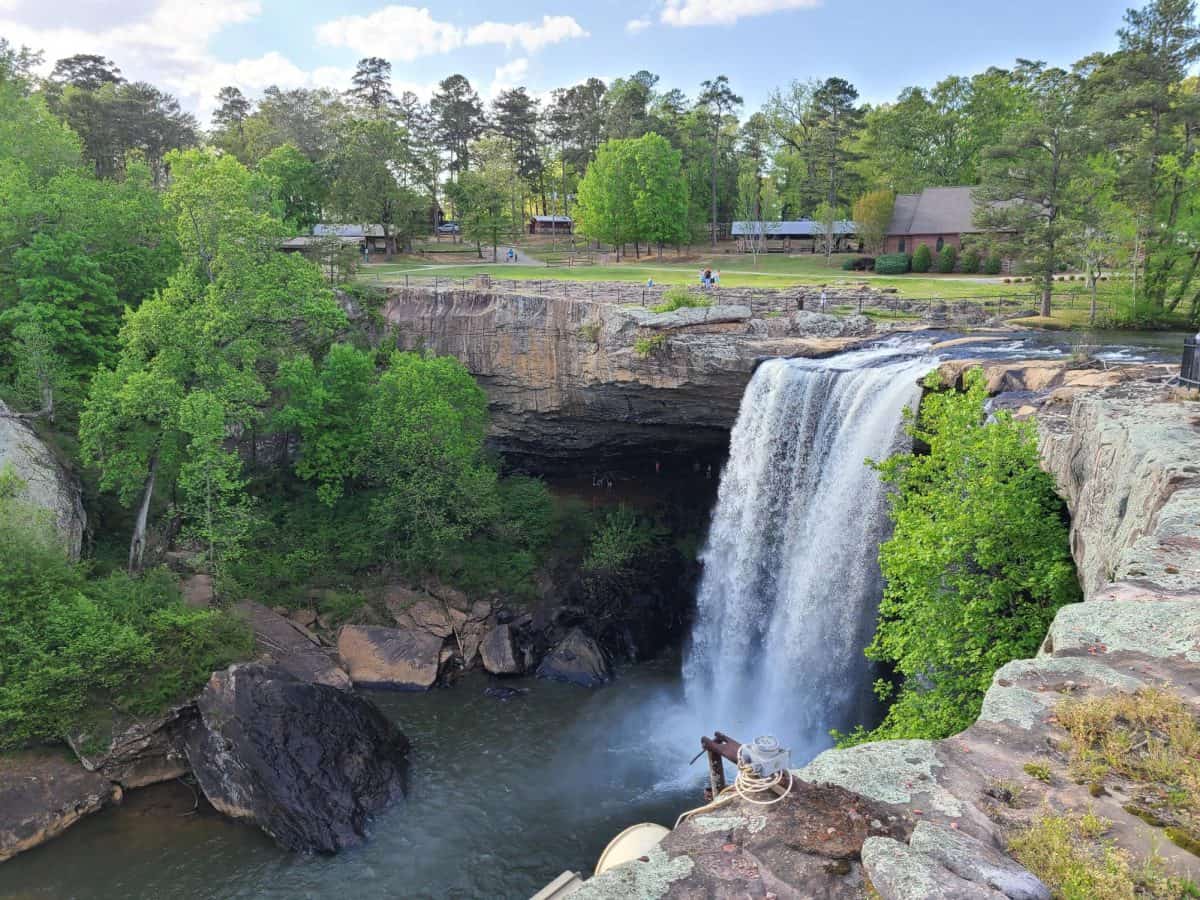In 1872, Yellowstone was established in northwest Wyoming and southern Montana as the first national park in not only the United States but the world. However, a bureau wasn’t created to protect it until 1916.
Now, the National Park Service is needed more than ever as our national parks face unprecedented dangers, most of which are directly caused by humans.
Today, the service is responsible for maintaining a total of 85 million acres divided between 63 national parks and hundreds of other areas across the nation. These lands are home to a diverse assortment of flora and fauna left free to thrive in safe environments.
In the Great Smoky Mountains alone, “over 19,000 species have been documented in the park and scientists believe an additional 80,000-100,000 species may live” there, according to the park service. Just imagine how many total varieties of life are represented in parks across the nation.
With so much land and so many organisms to defend, the park service is struggling to maintain sheltered habitats for the parks’ biodiversity. The park service faces threats ranging from the rapidly growing and encroaching human population to underbudgeting.
According to The Harvard Gazette, national parks receive only a $2.5 billion budget, even though researchers found that the parks’ estimated economic worth to the American people is around $100 billion annually. It is almost absurd how little we give to protect some of our country’s most treasured places, especially when they do so much for both our economy and environment.
This underfunding has created major issues for the park service as it strives to protect these lands. The National Parks Conservation Association reports that the park service “lacks the resources to adequately staff its parks and programs” and “address nearly $12 billion in repairs.”
Without these funds, it becomes a struggle to keep up with and protect these natural spaces that are so important for supporting biodiversity and our environment. Spreading awareness of the value of the national parks and their needs is the first step in helping them gain more resources.
It is vital that their call for help is answered as they face other human-caused issues. The most substantial threat is one of America’s largest industries: oil and gas. According to NPCA, “86% of lands managed by the Bureau of Land Management are open to oil and gas development,” many of which are located close to nationally protected areas.
During the pandemic, The Washington Post reported petitions circulating to protest the sale of land leases for oil and gas drilling “as close as a half-mile” from Arches and Canyonlands, some of Utah’s best-known national parks.
Oil drilling can cause air, water and soil pollution; which is why it is crucial to keep it far away from our national parks. Preserving their beauty and their natural ecosystems requires protecting them from the ecological poisons human activity produces. Fortunately, reforms are currently being debated by the Bureau of Land Management to help save these spaces, but it’s up to us to tip the scale in their favor.
One way to do this is by visiting national parks to learn more about their value and truly appreciate them. Firsthand knowledge is the first step in making a real difference.
A couple of summers ago, I was fortunate enough to be able to visit both Yellowstone and Glacier National Park. I marveled at the kaleidoscope of colors found in Grand Prismatic Spring, and gazed in awe upon the towering mountains along Going-to-the-Sun Road.
There is nothing quite like coming face to face with a herd of wild American bison on the plains of Yellowstone to make you realize how important it is to protect these parks. For this reason alone, I would highly recommend visiting a national park.
The Great Smoky Mountains are located about a five-and-a-half hour drive away from Tuscaloosa in east Tennessee. For college students, it is both affordable and an extremely beneficial trip. This park does not charge an entrance fee, and a daily parking pass is only $5. Plan your visit or make a donation today and help protect our national parks.







